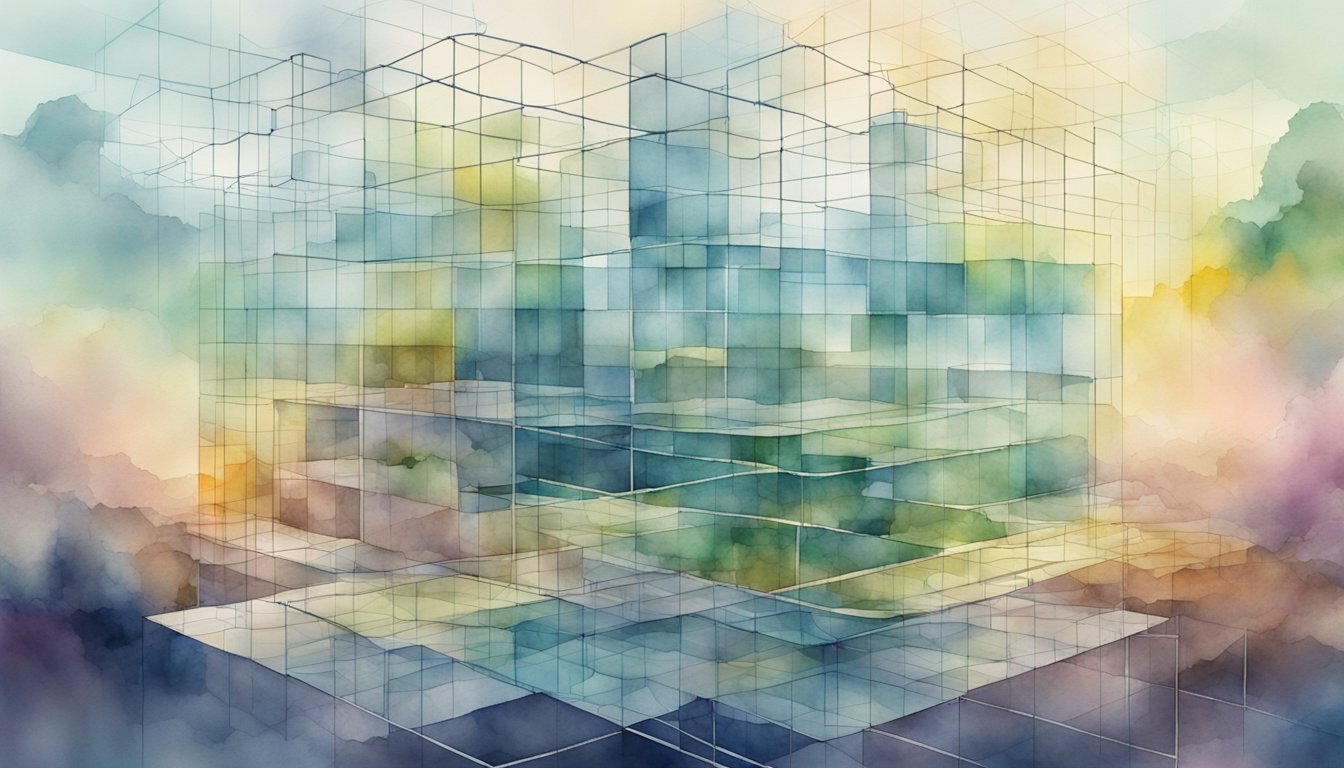The Reality of Our Existence
The idea that our perceived reality could be an artificial simulation has shifted from the realm of science fiction to a subject of earnest scientific and philosophical debate.
Exploring the Simulation Hypothesis
The simulation hypothesis, first popularized by philosopher Nick Bostrom, suggests that future civilizations could run countless simulations of their ancestors. Bostrom theorizes that if such simulations are possible and can be run in vast numbers, it is more likely for any individual consciousness to exist within a simulation rather than in what is known as “base reality.”
Scientific Perspectives on Simulation Theory
Physicists like Neil deGrasse Tyson have entertained the possibility of a simulated universe, discussing how laws of physics may hint at the artificial nature of our universe. Moreover, anomalies at the quantum level add intrigue to the debate, leaving the door ajar for speculative interpretations of quantum mechanics.
Philosophical and Technological Implications
Philosophers such as David Chalmers have engaged with the idea that our consciousness or entire universe could be a byproduct of a higher intelligence’s sophisticated computing power. They ponder whether the nature of our experiences, the essence of consciousness, and the connectivity of the ‘self’ with reality imply that we might be participants in a vast virtual reality.
Evaluating the Odds and Arguments
While the computational capabilities required for simulating an entire universe down to the subatomic level are immense, technology proponents like Elon Musk argue that the rapid pace of technological advancement hints at the feasibility of such simulations. Critics counter-argue by stressing the resource-based limitations and the astronomical amount of computing power necessary.
Interpreting Anomalies and Scientific Observations
Some in the scientific community look for empirical evidence, such as glitches or unexplainable phenomena, that could suggest we are living in a constructed reality. The constancy of the speed of light, for example, has been presented as a potential ‘rule’ embedded in our universe by hypothetical programmers.
The Sociocultural Aspect of Simulation Discussion
Beyond science and philosophy, the simulation hypothesis has permeated popular culture, with films like “The Matrix” bringing the concept into mainstream conversations. It fuels discussions on the nature of existence and our place in the universe, often becoming a point of intersection between technology enthusiasts, philosophical thinkers, and the general public.
Living Within a Simulated Framework

Exploring the idea of life within a simulated reality involves looking into how it would intersect with our daily routines, the moral quandaries it presents, the current technological thresholds, and the projection of future scientific advancements. The notion also permeates cultural discussions, reflecting our fascination with the boundaries between fiction and perceived reality.
Practical Everyday Implications
Living within a simulation would mean that our day-to-day experiences, right down to the passage of time and our personal consciousness, are part of a computer-generated reality. Philosophers ponder whether this affects the substance of our routine actions or if practical considerations remain unchanged despite the nature of our existence. Some argue that, simulation or not, the experience of life retains its authenticity due to the genuine subjective consciousness, known as qualia.
Ethical Considerations and Existential Questions
If our reality were simulated, this raises profound ethical and existential questions. What moral responsibility does a potential creator have over the simulated beings? Ideas of existence and morality could shift, as discussed by Nick Bostrom in his simulation hypothesis. Furthermore, if glitches or purposeful interventions occur, they would produce significant ethical implications regarding the autonomy and rights of conscious entities within the simulation.
Technological Limitations and Possibilities
The simulation theory rests heavily on our understanding of technology and computing power. While science has made significant strides, as illustrated by the work of visionaries like Elon Musk, current limitations in processor speed, energy consumption, and quantum computing present substantial hurdles. Yet, the possibility remains that future advancements might enable simulations indistinguishable from reality, with quantum mechanics providing intriguing prospects.
Futurism and the Role of Simulations in Advancing Science
Simulations are already crucial tools in scientific inquiry and the advancement of knowledge. Futurists and scientists alike, such as Neil deGrasse Tyson, speculate on the role of superintelligences orchestrating simulations to solve complex problems from physics to the Fermi paradox. The increasing complexity of virtual realities in video games and artificial intelligence research offers a glimpse into the future of simulation usage in science and beyond.
Cultural Influence and the Power of Media Narratives
Cultural narratives, from “The Matrix” to “Star Trek,” reflect a growing public interest in the concept of simulated realities and how these shape our consciousness. Media representations blur the line between simulation and real life, influencing public perception and sparking dialogue among philosophers like David Chalmers, who explore these themes. These stories can act as a powerful vehicle for examining the deeper philosophical implications of our potentially fabricated existence. As these narratives gain traction, they also raise concerns about the ways in which media can manipulate perception, sometimes blurring the distinction between truth and illusion. This has led to discussions on brainwashing examples in real life, where individuals or groups have been influenced through propaganda, misinformation, or psychological conditioning. By examining these cases, we can better understand how storytelling and media shape not only our beliefs but also our fundamental understanding of reality itself.

